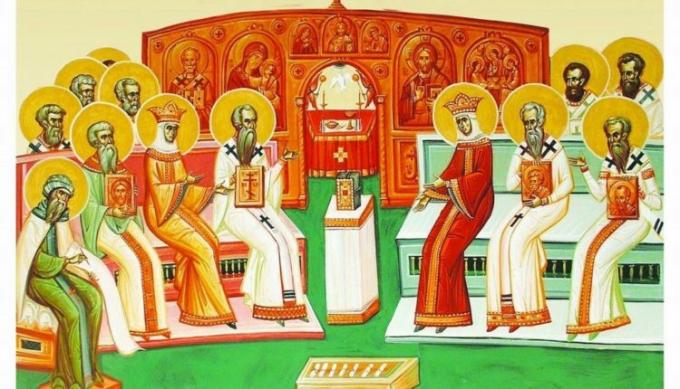A ceremony is considered ecumenical when a religious service takes place between different denominations.


A ceremony is considered ecumenical when a service takes place. religious between different denominations. The adjective ecumenical can also be applied to any initiative that encourages greater cooperation between different religions.
Ecumenism (from the Greek οἰκουμένη meaning “the inhabited world”) refers to initiatives aimed at greater religious cooperation. It encompasses different groups, especially within the Christian faith.
The “Ecumenical Movement” gained prominence in the 20th century as a coalition of like-minded groups that sought to restore the religious communion that had been lost with the fragmentation of the Catholic church in different groups.
Historically, the term “ecumenical” was originally used in the context of great ecumenical councils. They were organized under the auspices of the Roman emperors to clarify matters of Christian theology and doctrine. These “Ecumenical Councils” brought together bishops of the time.
- Free Online Inclusive Education Course
- Free Online Toy Library and Learning Course
- Free Online Preschool Math Games Course
- Free Online Pedagogical Cultural Workshops Course
There were a total of seven ecumenical councils accepted by Eastern Orthodoxy and Roman Catholicism before the Great Schism. Thus, the modern meaning of the “ecumenical” world and “ecumenism” derives from this pre-modern sense of Christian unity and the impulse to recreate that unity again.
Today, the word “ecumenism” can be used in three different ways:
1 – It most commonly refers to greater cooperation between different Christian groups or denominations.
2 – It may mean going beyond cooperation to the idea that there should be a single Christian church to restore religious unity.
3 – In its broadest sense, ecumenism merges with the interreligious movement. He seeks mutual respect, tolerance and cooperation among the world's religions.
